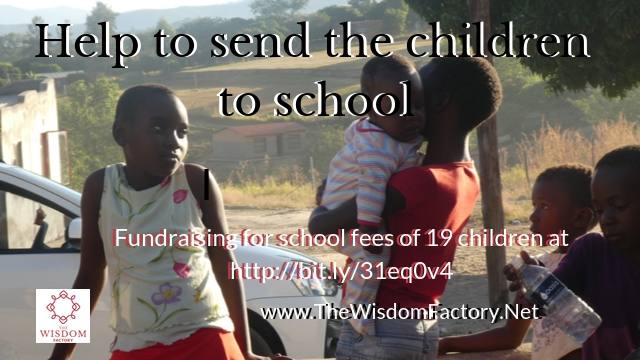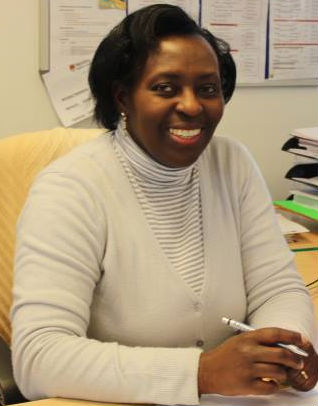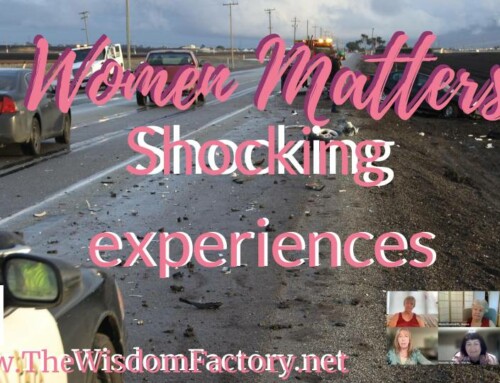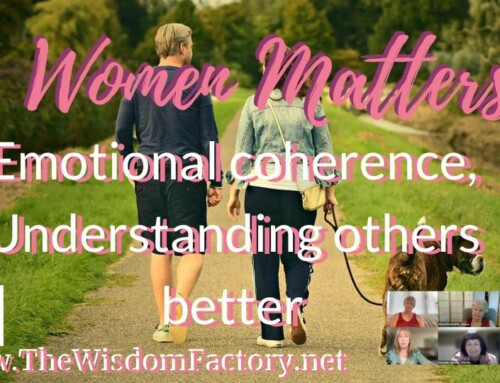
VLOG – CONVERSATIONS THAT MATTER
Europe has forgotten what it means to be a refugee – a conversation with Caritas Uwizera

We Europeans have forgotten what it means to be a refugee!
Our memory is short, this is a sad fact. Italians left their country in masses to flee from poverty. They arrived in the US, Canada, in Germany and other countries and are now an integral part of those countries. Germans fled during the war from the eastern parts of what was Germany then and from where they were chased away. And the Jews had to leave their country to find shelter from the murderous machinery which was devouring them in millions. After the war Germans from East Germany risked their lives, and many died, in the attempt to flee from the communist regime.
All forgotten today. Or maybe not. Maybe the hate attitude towards refugees in ex-comminist countries and regions of today’s Germany is a vengeance reaction from those who didn’t flee then, who stayed to the bitter end and were jealous of those who made it? Who knows, the human psyche is deep and the shadow in it dark.
Our countries who have produced and received refugees successfully in the past, following the code of humanity, of mutual support in threatening situations, these countries now believe that they can do differently. The more people got rich and prosperous, the less they want to share with those who have nothing but their clothes on their body. Who are we when we so totally ignore the deep human impulse to help? It would be also part of our Christian culture: love your neighbour, as you love yourself. With our present behaviour we could deduce that we do not to love ourselves very much when we consider the neglect and cynicism when it comes to help and accept refugees.
You can say what you will against the Christian Church. Yes, it has done harm to people, the crusades and personal wrongdoing by church members. But they also have done a huge amount of good. They have cared for orphans, sick and old people – and for refugees. And thanks God that the Church has its presence in non-Western countries like in Africa. There the guest in my conversation, Caritas Uwizera, got live-saving support by the Christian Church when she had to flee her country Rwanda where a tremendous genocide was devastating the population. So, if nobody helps, the Church will. Even when we have outgrown its traditional structure, we shouldn’t throw out the baby with the bathwater and honour and appreciate the good which came from our Christian culture.
While the Western world is super noisy about the refugees and how they are overrun by them, nobody seems to realise that in far poorer countries huge amounts of refugees have arrived and are taken care for, albeit badly as it often happens to be. We are proud to have adopted Human rights as basis for our culture, we believe to be authorized to blame others for not respecting them – and we ourselves have a hard time to notice that we, ourselves, often act in disrespect of people and their human rights. When anchoring one’s ship filled with saved refugees in an Italian harbour you do an “act of war” against Italy, in the distorted ideas of the Italian leading politicians.
Human rights: to be saved from drowning and to find a place for survival, to be considered a human being with basic needs as opposed to intruders and a threat: Who denies refugees a place to set foot, some shelter and food, should come into such a situation themselves, to be able to understand what that means. But we live in the illusion that there is safety forever, and that these others who are in need disturb our illusion. We don’t want to be reminded that we, ourselves, could end up like these, so better shut them away from our awareness.
FInally, coming back to the conversation I had with Caritas Uwizera. She had to leave everything in the country where she grew up and lived until she was forced to flee. She never imagined to go anywhere else. People traditionally don’t leave their countries without a severe reason, and certainly they don’t choose to be a refugee. (See her story HERE)
South Africa has accepted a huge number of refugees from neighboring countries. It is a poor country in comparison to us, maybe the situation in Greece is comparable: a relatively poor country needing to take care for a flood of refugees and left alone by the richer countries. Caritas is a refugee for 22 years in South Africa. She has no passport from her country of origin, neither one from the host country. She has no place in the world which she could call her country now. She is happy to have survived and found work, by the help of the Church and many individual people. She is providing for her family, she is safe, and she gives away to poorer people whatever she can save from her income.
In our conversation we talk about refugees, about the difficulties of life and how generous human hearts have helped and still can help. I suggested that she would send me a list of people who need help for sending their kids to school. I am asking you to contribute for a year of schooling for a child which costs about 80$. Education is the key to get out of poverty. As long that there are parents who cannot send their kids to school, there is little hope for a better future.
Videopost for November 13th, 2019
About Caritas Uwizera
Caritas is a survivor of the genocide in Rwanda (See her report Here)
She lives as a refugee in South Africa for more than 20 years. She works as program director at Henley Business school.
Caritas is is helping other refugee families however she can. We talk about that in the conversation. I have created a Facebook Fundraiser to help send children to school. So far we succeeded to pay the school fees for 10 children for 2020. Of you want to contribute, please click the DONATE button, specifying the destination of your donation. Thank you.


RESOURCES
Caritas at the Integral African Conference
About the Integral African Conference




Leave A Comment